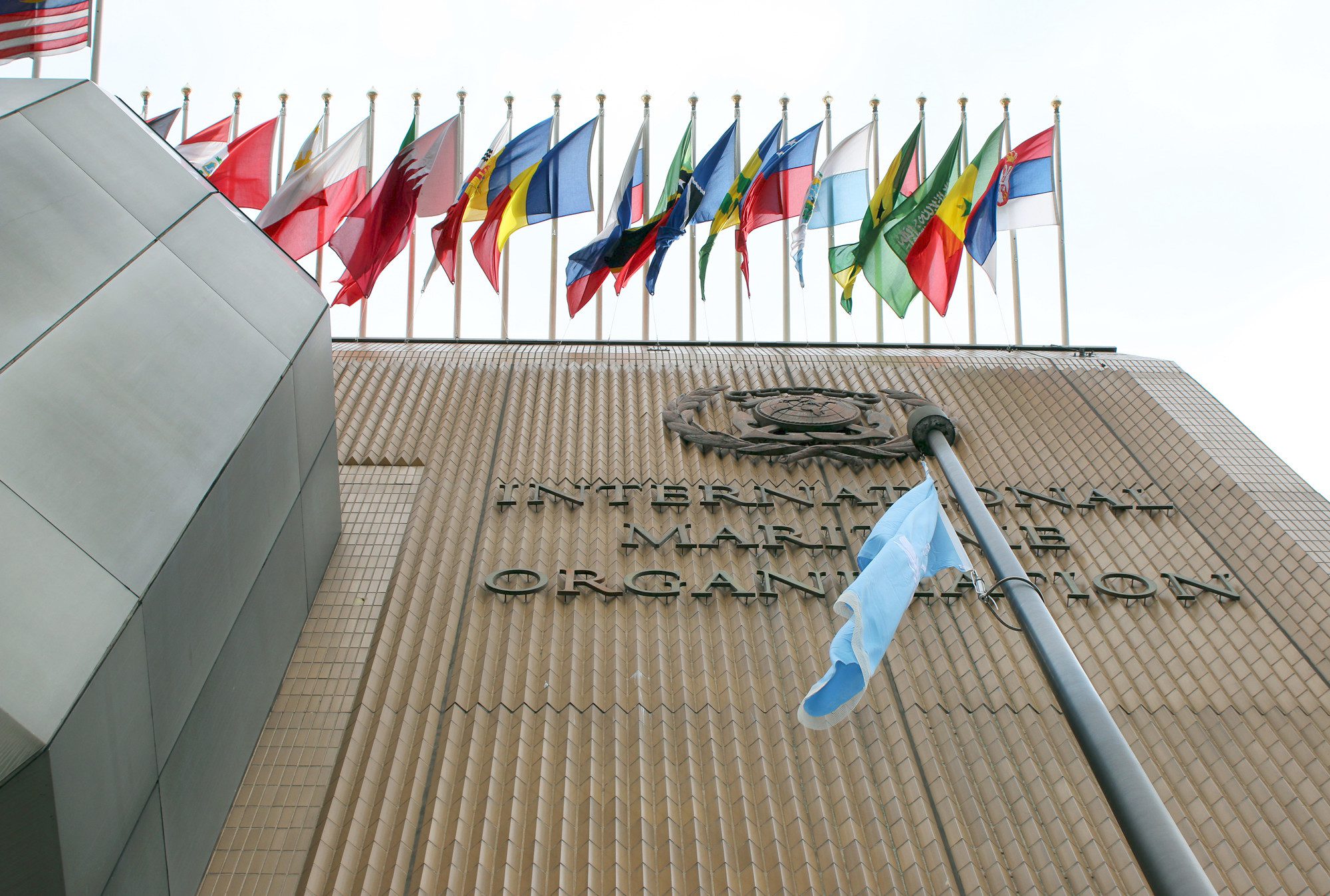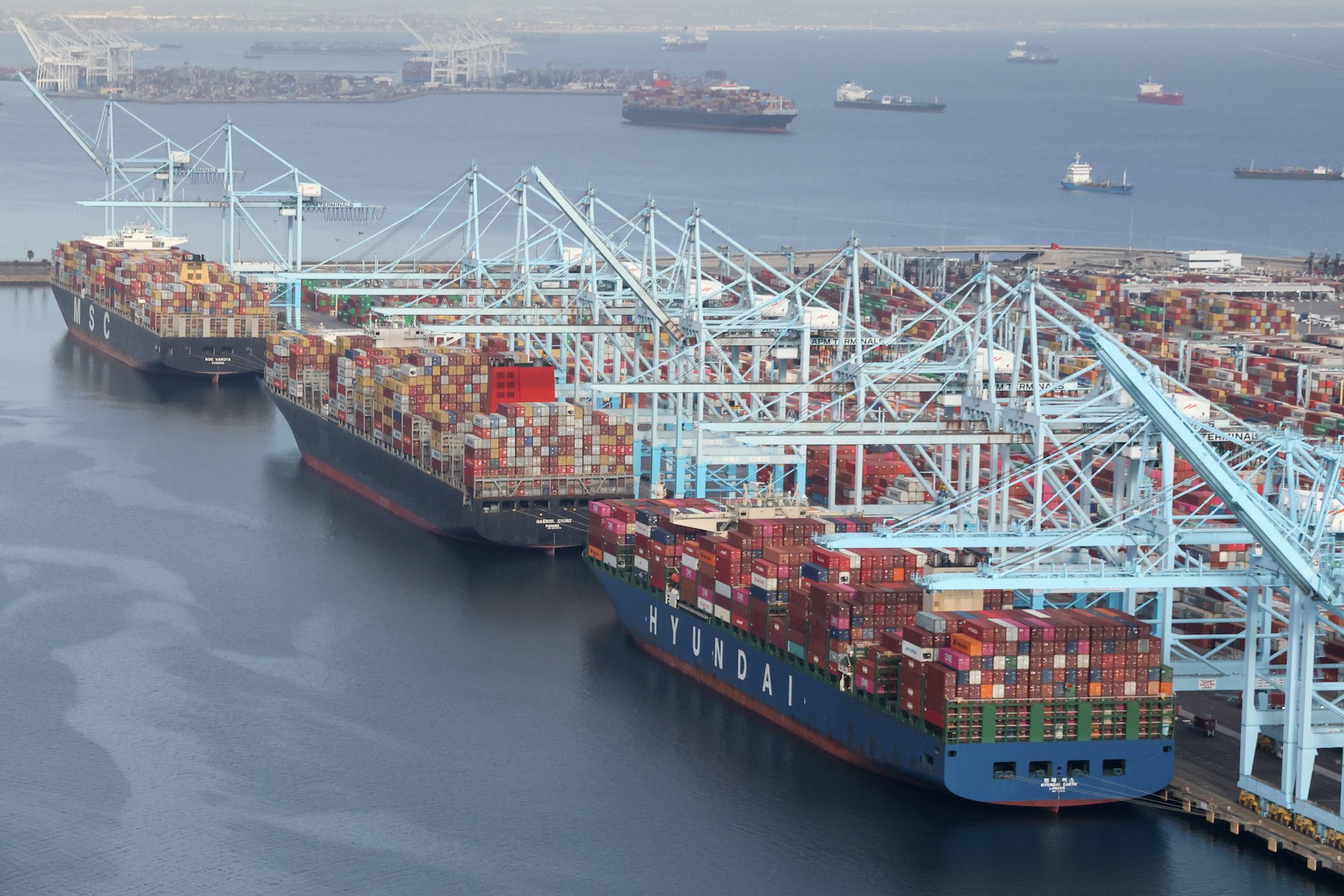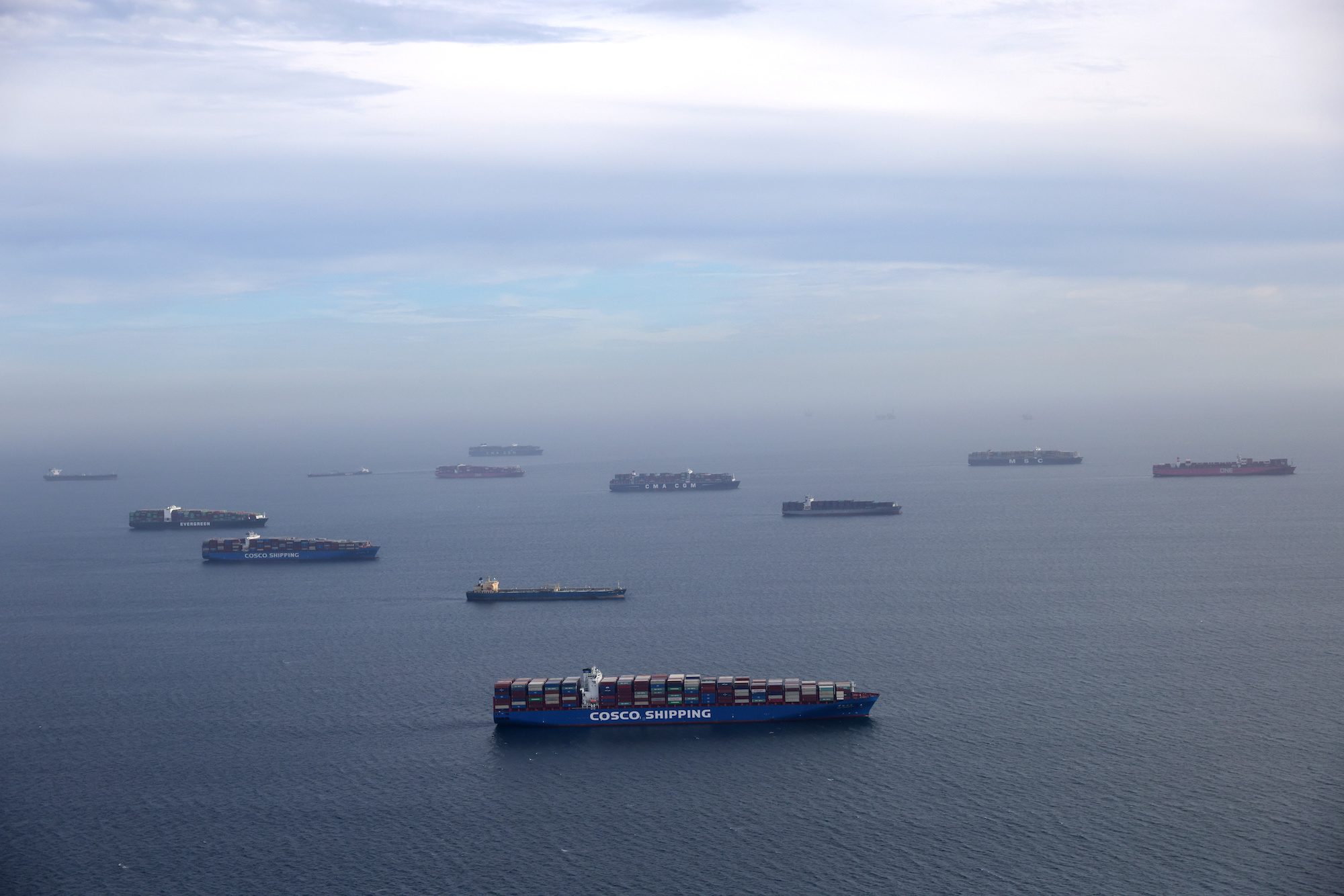The United Nations’ International Maritime Organization (IMO) has concluded its latest round of talks ahead this summer’s critical Marine Environment Protection Committee meeting (MEPC 80) which will decide the shipping industry’s strategy to mitigate the sector’s impact on climate change.
During the meeting this week of the IMO’s Intersessional Working Group on Reduction of GHG Emissions from Ships (ISWG-GHG 14), delegates met to discuss and finalize the draft Revised IMO Strategy on the reduction of greenhouse gas (GHG) emissions from ships, concluding with a majority of member states agreeing that shipping must reach absolute zero-emissions by 2050.
The ISWG-GHG) is a specialized working group established by the IMO in response to the adoption of its initial strategy on the reduction of GHG emissions from ships in April 2018 to develop and implement measures to reduce GHG emissions from the shipping sector.
Ana Laranjeira from Opportunity Green highlighted that, “There now seems to exist a broad support for zero emissions by no later than 2050,” with an increasing number of countries advocating for the IMO’s Strategy to be aligned with the Paris Agreement’s 1.5°C global warming target.
In light of the recent IPCC Synthesis Report, which called for immediate action to reduce emissions across all sectors, support for interim emissions reduction goals for 2030 and 2040 has also gained traction. Lucy Gilliam from Seas At Risk emphasized the urgency of the matter, stating that “halving emissions by 2030 is necessary for climate safety,” and warning of the risk of reaching irreversible tipping points in the fight against climate change.
Guy Platten, the Secretary General of the International Chamber of Shipping, expressed optimism that a deal could be reached at the crucial MEPC meeting in July, highlighting the need for increasing support for the ICS Fund and Reward proposal to accelerate the production and uptake of low and zero-carbon fuels.
“We are disappointed by the lack of progress on setting new levels of ambition for GHG reductions to provide shipping with a clear net zero target for 2050. But we remain optimistic that a deal can still be stuck at the crucial MEPC meeting in July,” said Platten. “More positively, governments are increasingly understanding the value of the ICS Fund and Reward proposal to accelerate the production and uptake of low and zero-carbon fuels.”
The ICS, which represents 80% of the world’s commercial ships, says its “fund a reward” system will help to catalyze the adoption of more expensive low- and net-zero emission fuels by financially rewarding “first movers” that invest in them.
So far the IMO has set only an initial target to reduce total GHG emissions from shipping in half by 2050, compared to 2008 levels, accompanied by a commitment to phase out GHG emissions from the sector as soon as possible within this century. The strategy also includes interim goals to reduce the carbon intensity of ships, including targeting at least a 40% reduction in carbon intensity by 2030, compared to 2008 levels, and pursuing efforts to achieve a 70% reduction by 2050.
The initial strategy is currently under revision and a final strategy is expected to be finalized at MEPC 80. A growing number of countries have demanded the IMO adopt additional interim goals to cut emissions by 37% by 2030 and by 96% by 2040 in order to meet the Paris Agreement target. A wide range of stakeholders, including the World Bank, Maersk Mc-Kinney Moller Centre, the Institute of Marine Engineering, Science and Technology, and the UNFCCC, have also called for substantial emission cuts from ships before 2030.

 Join The Club
Join The Club











